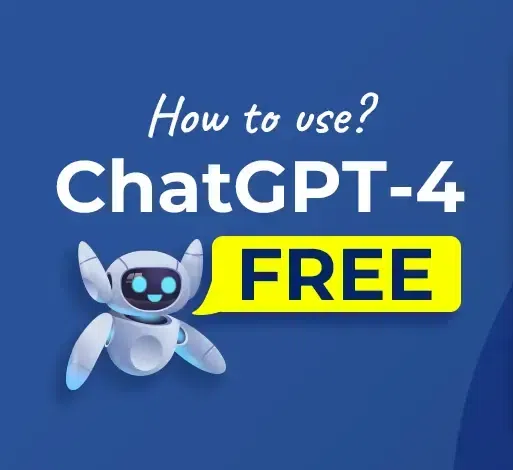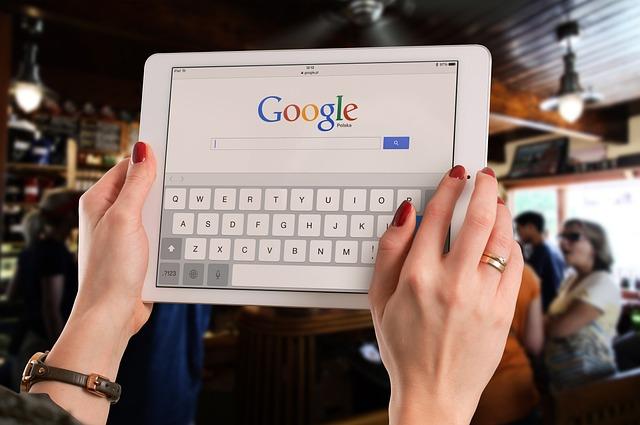In the ever-evolving landscape of artificial intelligence, accessibility is a key factor in determining its impact on society. OpenAI, a leading organization in AI research and development, has been at the forefront of democratizing access to powerful AI models. Recently, they announced the release of ChatGPT-4, sparking excitement and speculation among tech enthusiasts and businesses alike. One of the most intriguing aspects of this release is the question of its accessibility: Is ChatGPT-4 really free?
Unveiling ChatGPT-4
Before delving into the question of its accessibility, let's take a moment to understand what ChatGPT-4 brings to the table. Building upon its predecessors, ChatGPT-4 boasts enhanced capabilities in natural language understanding and generation. It is trained on vast amounts of text data, allowing it to engage in more nuanced and contextually relevant conversations. From answering queries to generating creative content, ChatGPT-4 aims to push the boundaries of what AI can accomplish in natural language processing.
The Accessibility Factor
Now, back to the burning question: Is ChatGPT-4 freely accessible to all? OpenAI has traditionally offered various tiers of access to its AI models, ranging from free to premium subscription plans. These plans often come with usage limits and restrictions, with more advanced features reserved for paying customers. However, with the increasing demand for AI tools in diverse fields, there has been a growing push for greater accessibility and affordability.

The Free Model Debate
In the past, OpenAI has made strides in this direction by offering free access to certain versions of its models, albeit with limited capabilities. This approach has enabled developers, researchers, and hobbyists to experiment with AI technology without breaking the bank. However, the question remains: Will ChatGPT-4 follow suit, or will it be exclusively available to paying customers?
Implications for the AI Community
The accessibility of ChatGPT-4 carries significant implications for the AI community and beyond. On one hand, offering free access to such a powerful model could democratize AI even further, empowering individuals and organizations with limited resources to leverage cutting-edge technology. On the other hand, OpenAI must balance this with the need to sustain its operations and continue advancing AI research—a challenge that many tech companies face in the pursuit of democratization.
Conclusion
As we await further details from OpenAI regarding the accessibility of ChatGPT-4, one thing is clear: The democratization of AI is a complex and multifaceted issue. While free access to advanced AI models holds the promise of innovation and inclusivity, it also presents challenges in terms of sustainability and resource allocation. Ultimately, the decision regarding ChatGPT-4's accessibility will shape the future of AI and its impact on society.
As enthusiasts and stakeholders in the AI community, it is our responsibility to engage in discussions around accessibility, ethics, and the societal implications of AI technologies. Whether ChatGPT-4 is truly free or not, let's continue to advocate for a future where AI is accessible to all, empowering individuals and communities to thrive in the digital age.



